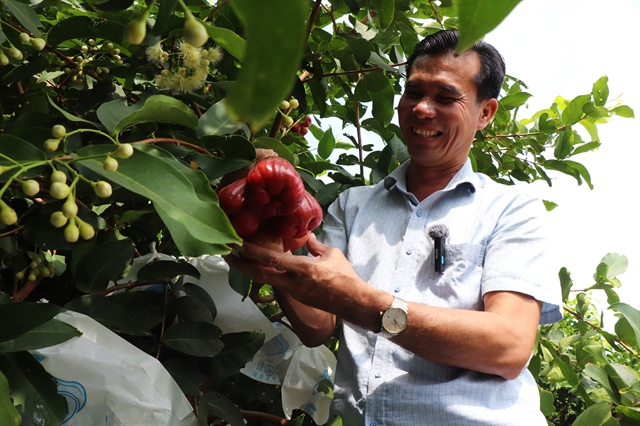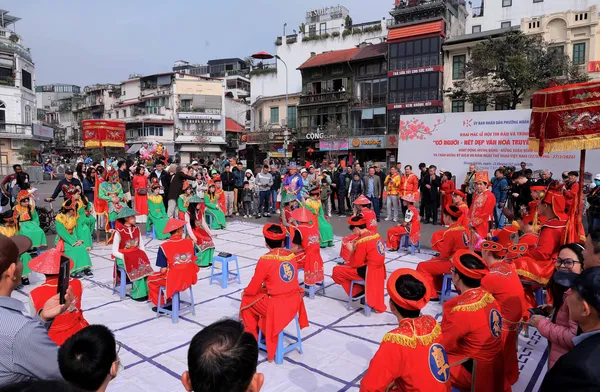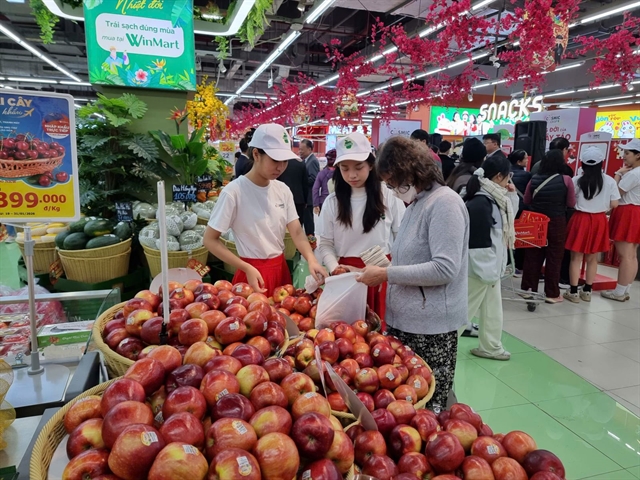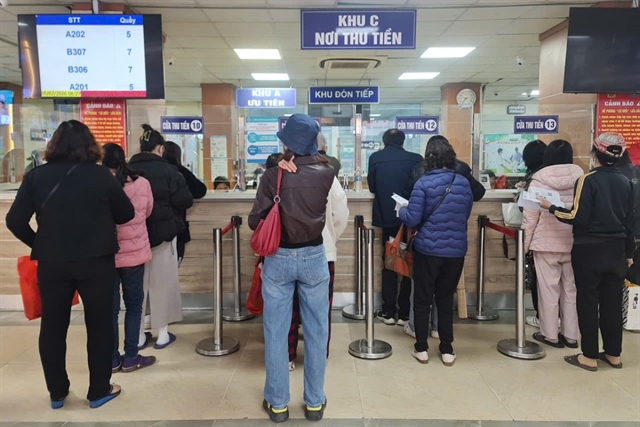 Society
Society

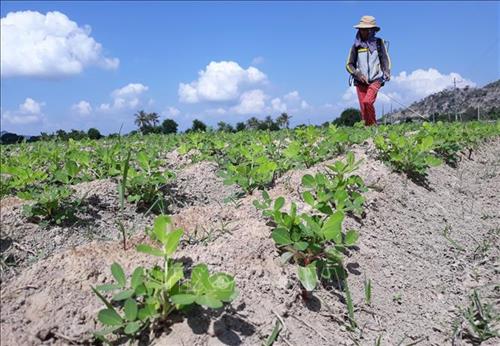
|
| Ninh Thuận Province has provided financial support to farmers to shift to crops suited to the dry season.— VNA/VNS Photo Nguyễn Thanh |
NINH THUẬN PROVINCE — Farmers in Ninh Thuận Province are growing more productive crops during the dry season thanks to financial support from the provincial authority.
Mang Thị Liên, a farmer from Thuận Bắc District in Ninh Thuận Province, said she had been growing peanuts since the beginning of the year. The results have been better than her rice yields last year.
Phạm Thị Thảo, a farmer in the same district, said the district had paid for 30 per cent of the cost of seeds, fertiliser and irrigation systems to grow green asparagus instead of grass.
During the experimental planting, green asparagus grew better in a dry environment and did not require a great deal of care, he said.
Hán Văn Thiện, deputy director of the Agricultural Extension Station in the district, said the district authority had given agricultural materials and instructed farmers in how to produce new seeds suited to the climate.
The district has converted 66ha of ineffective rice cultivation land to beans and green asparagus to increase the productivity during the dry season.
The Ninh Thuận Province’s Agricultural Extension Station said that 970ha, including 582ha of winter-spring crop from paddy fields with low productivity, were converted to short-term crops such as corn, melons and vegetables.
Trần Quốc Nam, deputy chairman of the provincial People’s Committee, said the province had directed the Department of Agriculture and Rural Development and related units to closely monitor weather changes and check irrigation works in case of drought
The province will continue to help farmers use water sources efficiently and encourage the application of scientific and technological advances to production, as well as develop cultivation models that can adapt to climate change.—VNS

